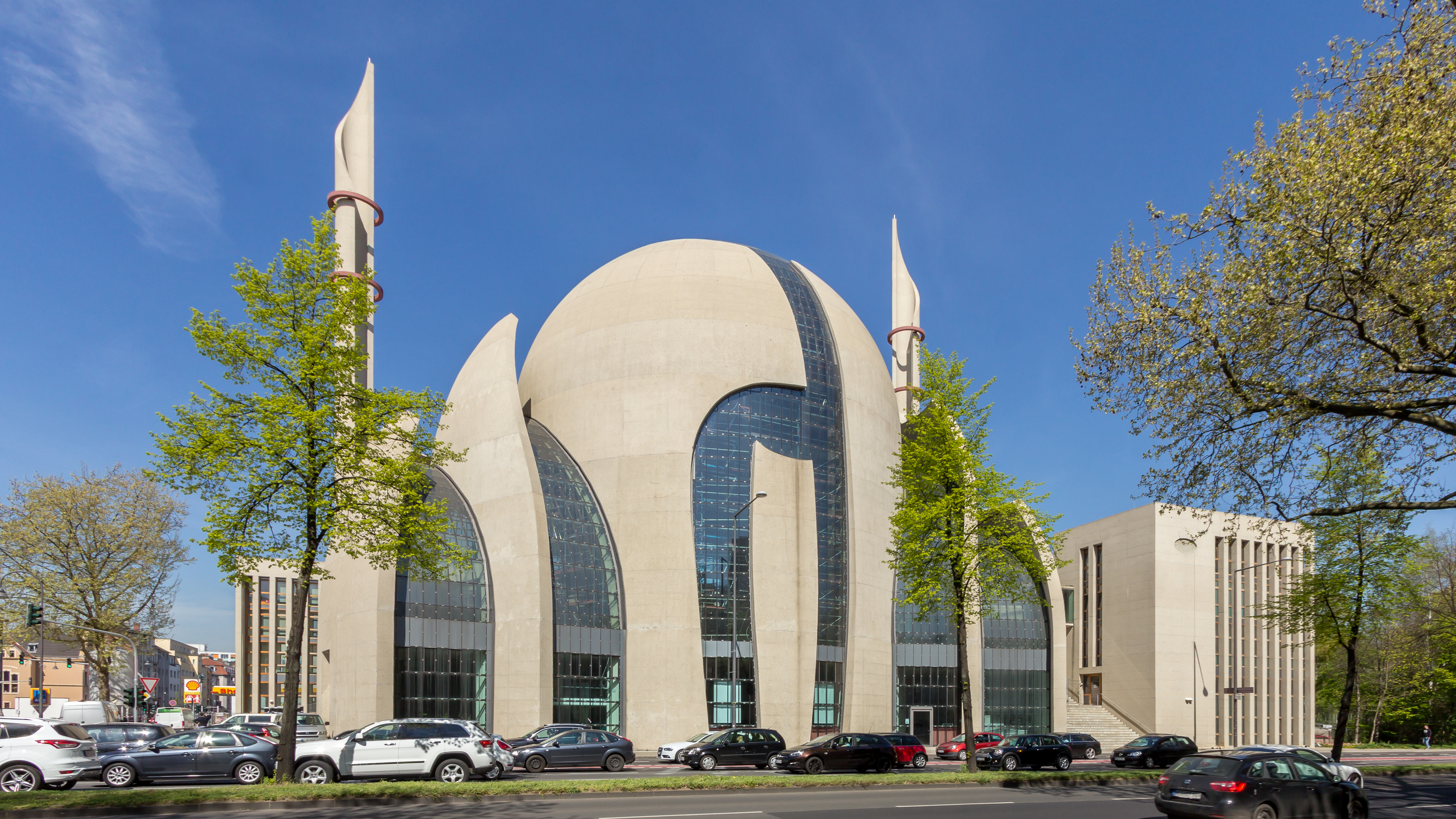A deteriorating relationship
In recent months, the relationship between German authorities and DİTİB, the country’s largest and Turkish-dominated Muslim association, has taken a severe drubbing.
For close to three decades, DİTİB used to be the German government’s preferred cooperation partner in Islamic religious affairs: outsourcing the religious needs of the country’s Muslim population to DİTİB, a subsidiary of the Turkish Presidency of Religious Affairs (Diyanet), was a convenient way to ensure that a quietist albeit conservative Islamicality was propagated in DİTİB’s 1,000 mosques in Germany.
Yet especially since the failed coup attempt in Turkey in July 2016, DİTİB has fallen out of favour. As diplomatic relations between Germany and the Erdoğan government have soured, German politicians have been accusing DİTİB of being a pawn of the Turkish government. As a result, calls have been voiced demanding an end to the cooperation with DİTİB in areas such as Islamic religious education for Muslim youth attending public schools.
DİTİB’s role in the anti-Gülenist crackdown
DİTİB’s German critics have now received ample new ammunition in their fight. The press has analysed DİTİB’s bylaws, pointing to the extensive prerogatives enjoyed by Turkish government representatives, especially with regards to personnel choices.1
Even more momentously, however, DİTİB has been embroiled in a spying affair targeting suspected sympathisers of the Gülenist hizmet movement. The Turkish government holds the Gülen responsible for orchestrating July’s coup attempt. Some of DİTİB’s Imams have apparently followed an order by Diyanet to gather information on Gülen supporters in their localities, passing on their findings to Turkish authorities.
DİTİB had already been scrutinised for its role in anti-Gülenist agitation in the immediate aftermath of the attempted putsch. Back then, flyers defaming Gülenists as “traitors of the fatherland” had been put up in a DİTİB mosque. At the time, the backlash faced by DİTİB prompted the association to vow greater independence from the Turkish government.
Reports sent back to Ankara
Such independence, however, appears difficult to attain for DİTİB. In September 2016, Diyanet “urgently requested” Turkish consulates abroad to collect information on the Gülen organisation and its schools, housing units, NGOs, or cultural associations.
Some of DİTİB’s Imams appear to have followed up on these orders: at least three clerics from Cologne, Düsseldorf, and Lower Saxony compiled reports on suspected Gülenist activities in their regions and sent them back to Ankara.2
Basing himself on the content of these reports, Green Party politician Volker Beck has now filed a lawsuit against DİTİB with the Federal Prosecutor, accusing DİTİB of having illegally spied on supposed Gülenists living in Germany.
DİTİB’s shifting reaction to the allegations
DİTİB initially denied the spying accusations as “remote from reality” and as the product of a “manipulative and untrue” anti-DİTİB campaign.3 Subsequently, however, the secretary general of DİTİB in Germany, Bekir Alboğa, conceded that some DİTİB Imams had collected and passed on information.
Alboğa stressed, however, that this was not a systematic policy but the result of the “misguided” action of a few Imams only. He asserted that DİTİB “deeply regrets this mishap”.4
In a follow-up statement on DİTİB’s website, Alboğa then denied that his statements constituted an admission of “spying”. He asserted that his organisation was “continuing to strive for a transparent resolution” of the case.5
Defending DİTİB
Other voices from the Muslim and Turkish community have also commented these developments. When the spying accusations were first made public in December 2016, the secretary general of the Islamic Community Millî Görüş (IGMG), Bekir Altaş, came to DİTİB’s defence, asserting that DİTİB’s Imams “deserved respect and recognition”.6
The chairman of the Turkish Community in Germany (TGD), Gökay Sofuoğlu, demanded that potential spying activities be investigated. Yet he also asserted that DİTİB was made up of “many people and a large number of officials” seeking to change the organisation’s structures for the better. Not all of them ought to be tarred with the same brush, or so Sofuoğlu asserted.7
Political ramifications
The Federal Prosecutor himself has been slow to act upon the lawsuit brought against DİTİB. This has sparked the anger of Beck and others, who accuse the Prosecutor of pandering to political interests.
In their view, delaying investigations into DİTİB’s activities might be a means to prevent further damage to German-Turkish relations – relations particularly salient in a context where German politicians depend on President Erdoğan for sealing the border to Europe in order to stem the flow migrants.8
Indeed, political decision-makers themselves have not dramatically altered their stance vis-à-vis DİTİB. The North-Rhine Westphalian (NRW) state government, for instance, long at the forefront of a more ambitious cooperation between German authorities and DİTİB, expressed its will to continue its work with DİTİB in spite of the spying affair.9
Erosion of legitimacy of Muslim associations
Nevertheless, even the NRW government announced the formation of a commission of inquiry into DİTİB’s linkages with the Turkish state. And NRW’s Minister President, Hannelore Kraft, also rejected DİTİB’s ambitions to be formally recognised as a religious community or a corporation of public law.10
Many Christian churches as well as other religious bodies are holders of these formal legal titles, which confer a host of financial, social, and political benefits set to facilitate the religious life of these communities.
Despite being the country’s second-largest faith group, Muslims have so far not been able to obtain such recognition, with the exception of the Ahmadiyya Muslim Jamaat in the state of Hesse. DİTİB’s embroilment in the anti-Gülenist spying affair further erodes the legitimacy of Germany’s Islamic associations and thus hampers the ability of German Muslims to attain legal parity within the country’s legal framework.
Sources
http://www.deutschlandfunk.de/satzung-des-islamverbands-ditib-tuerkische-funktionaere.886.de.html?dram:article_id=375487 ↩
http://www.islamiq.de/2016/12/15/ditib-imame-unter-verdacht/ ↩
http://www.rp-online.de/politik/deutschland/ditib-bedauert-spitzel-affaere-aid-1.6528628 ↩
http://www.islamiq.de/2016/12/15/ditib-imame-unter-verdacht/ ↩
http://www.taz.de/Islamverband-entschuldigt-sich/!5371091/ ↩
http://www.taz.de/Islamverband-entschuldigt-sich/!5371091/ ↩






